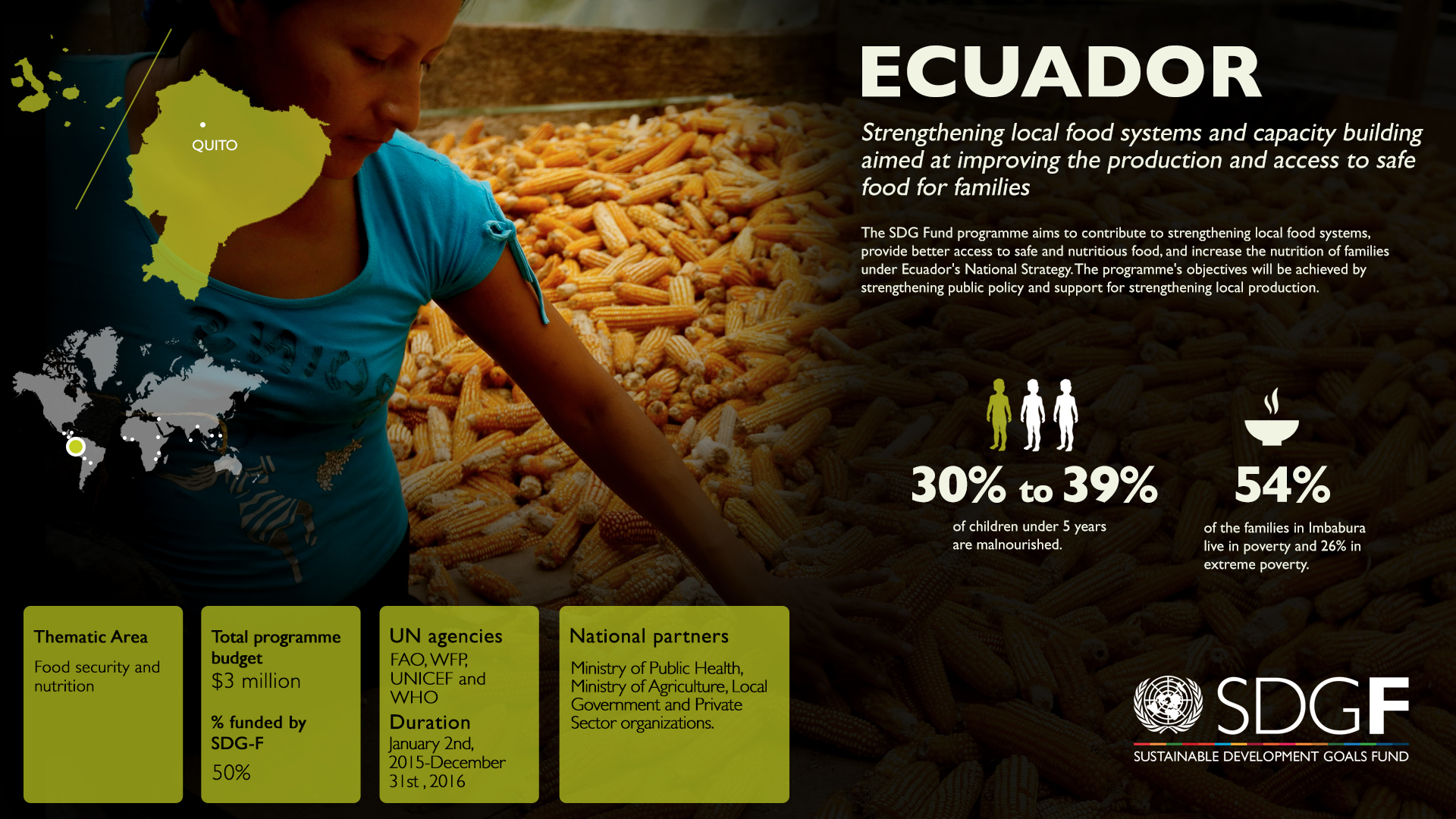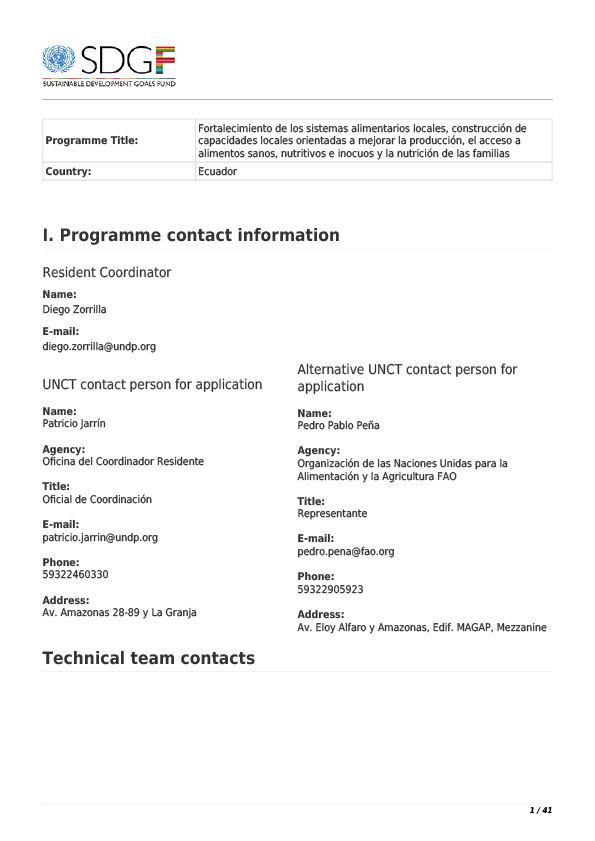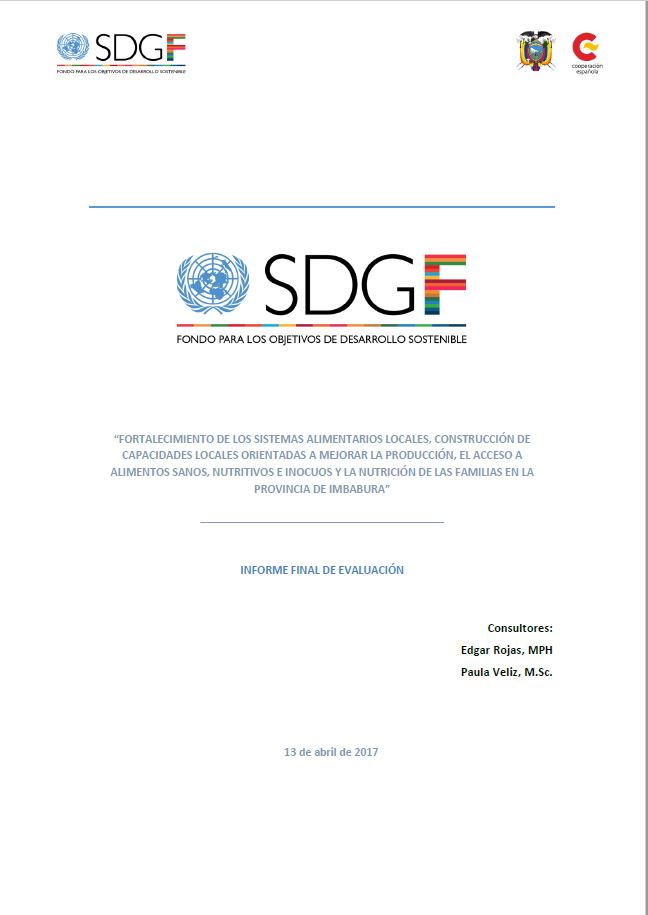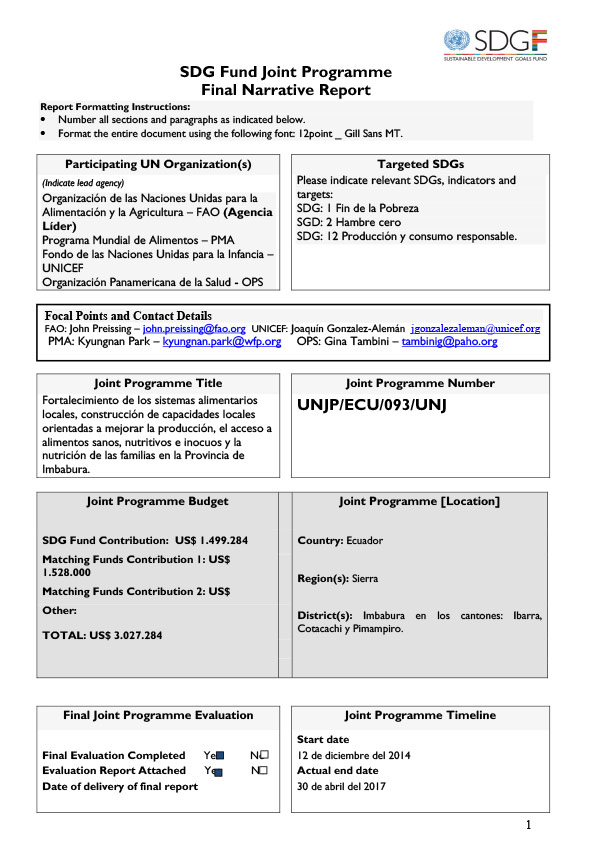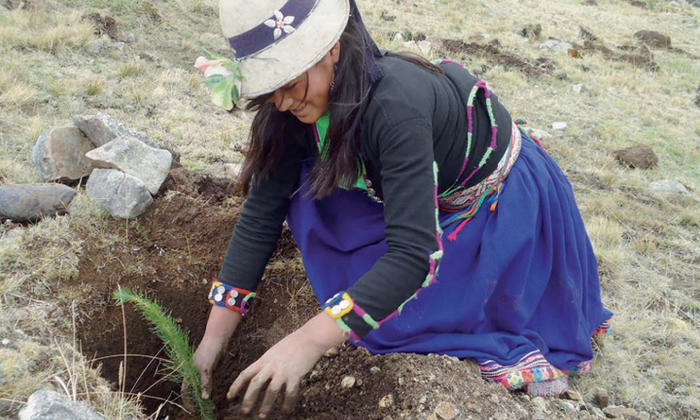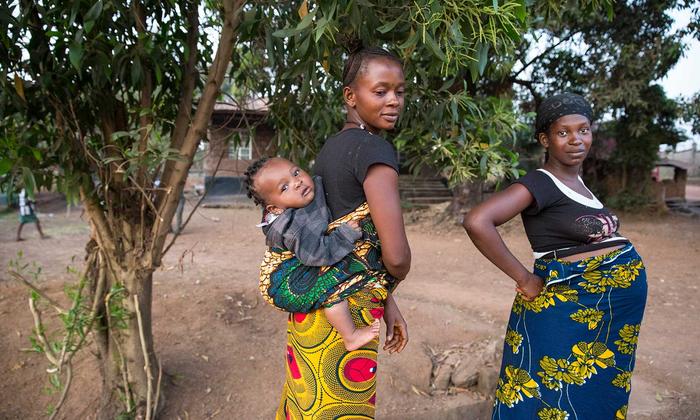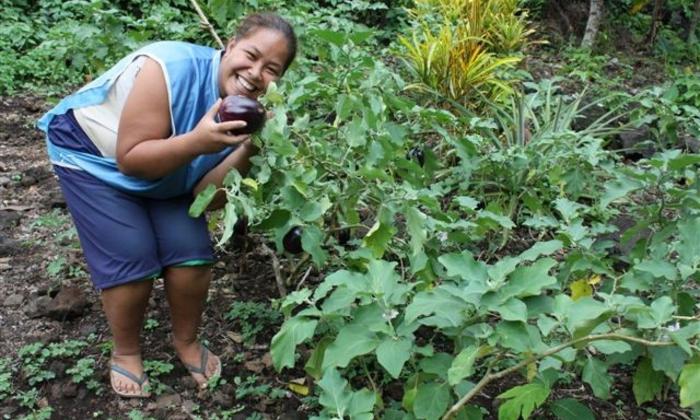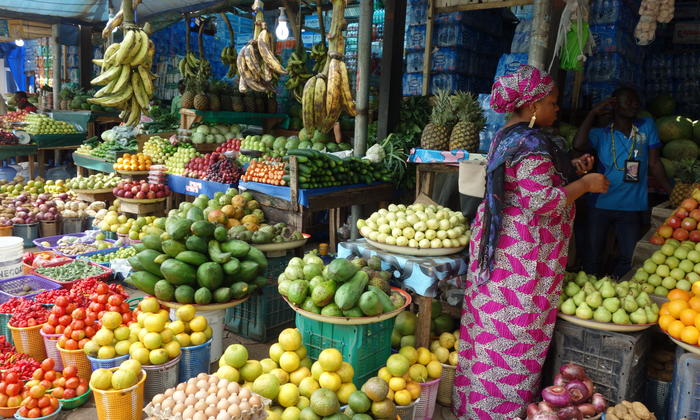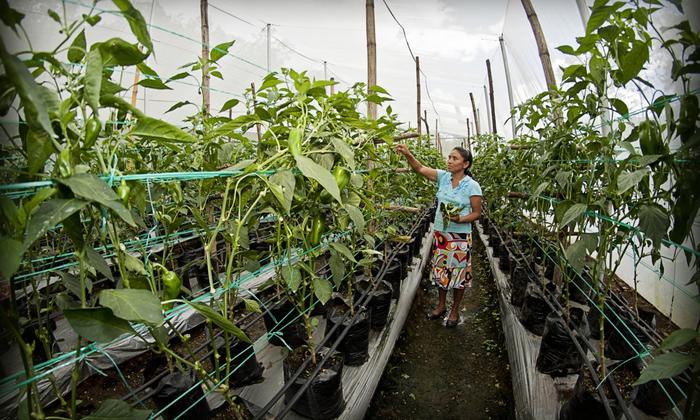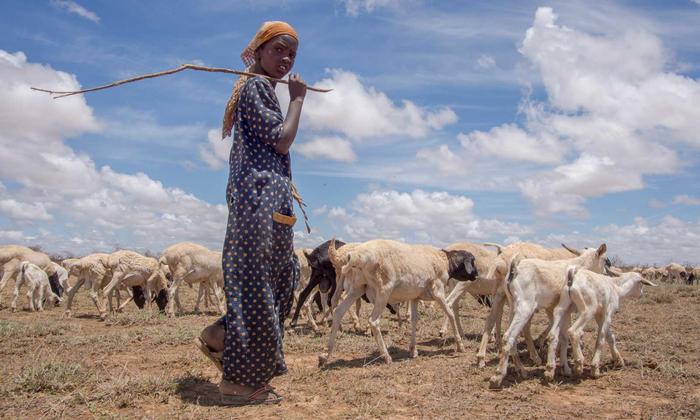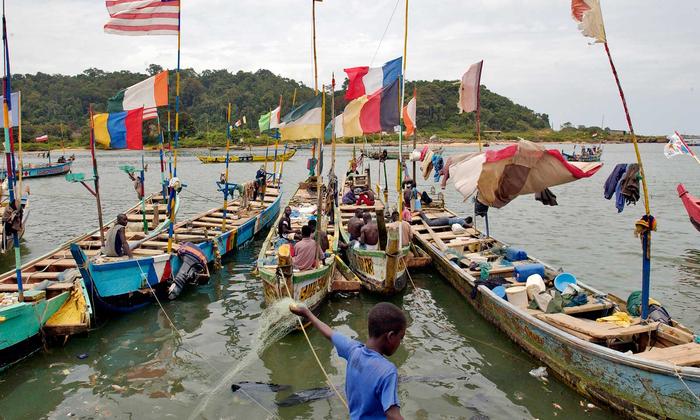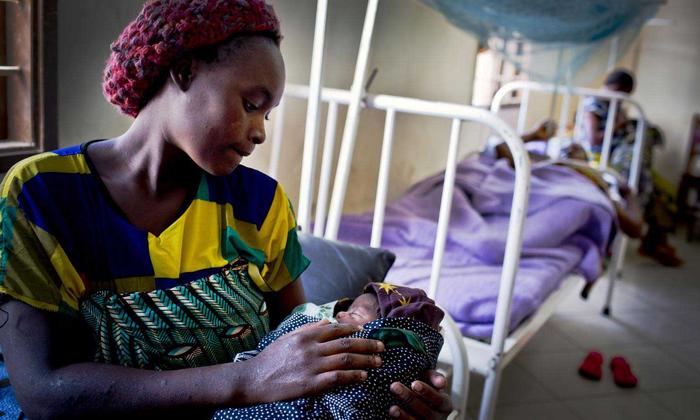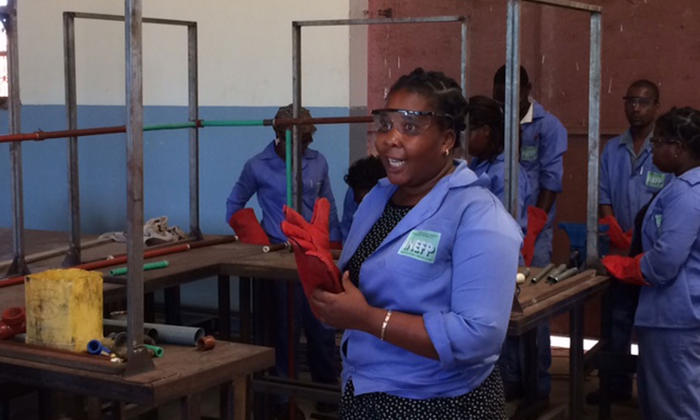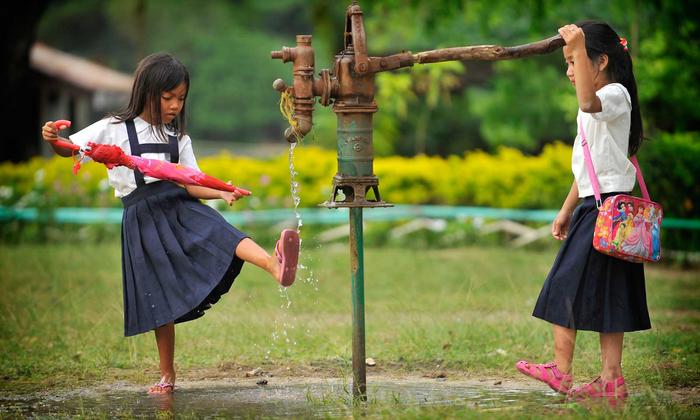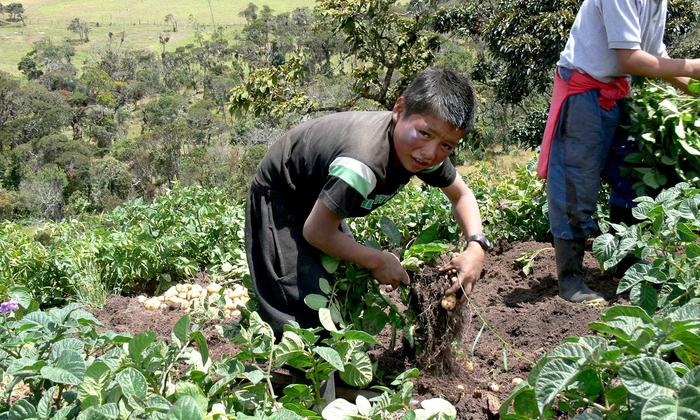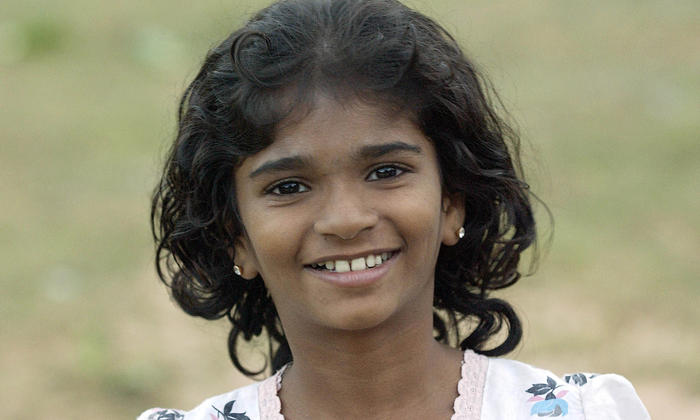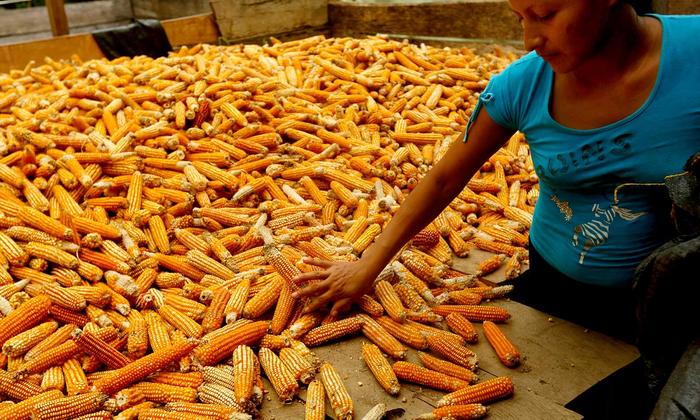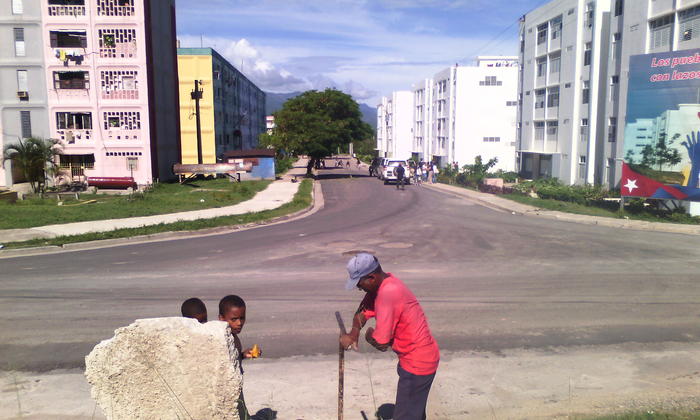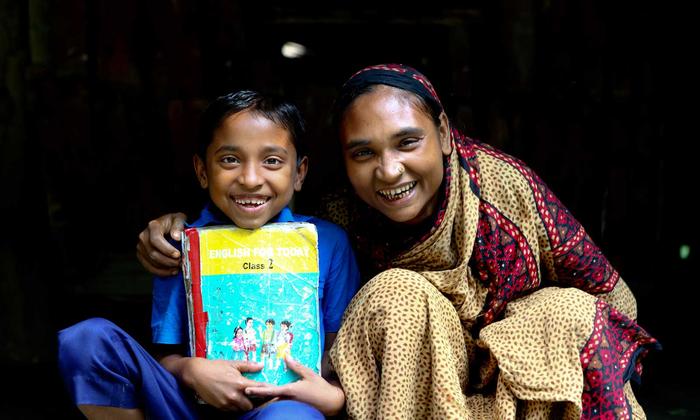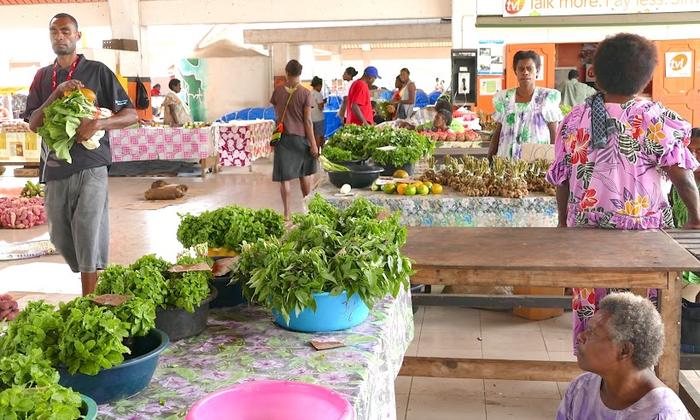Chronic malnutrition in rural communities of Ecuador
Ecuadorians in the rural sector face complex health challenges, particularly in nutritional health. The most vulnerable groups do not have a sufficiently diverse diet. Feeding and nutrition of children depends on family resources, as well as food services and nutrition from government social programs. The nutritional value offered by social programs is very significant.
The programme
The SDG Fund programme aims to contribute to strengthening local food systems, provide better access to safe and nutritious food, and increase the nutrition of families under Ecuador's National Strategy. The programme's objectives will be achieved by strengthening public policy and support for strengthening local production.
The approach
The programe aims to:
- Increase productivity of quinoa and lupine crops by at least 30%.
- Prioritize participation of at least 40% of women in associations, provide gender training, and ensure equal distribution of food in households.
- Encourage the adoption of best practices for sustainable management of natural resources and adaptation to climate change.
- Improve the food consumption patterns of rural families in the areas of Ibarra, Cotacachi, and Pimampiro in the province of Imbabura.
Quick facts
Total programme budget: $3 million
% funded by SDG-F: 50%
UN agencies: FAO, WFP, UNICEF and WHO
National partners: Ministry of Public Health, Ministry of Agriculture, Local Government and Private Sector organizations.
Duration: December 12, 2014 to April 11, 2017

